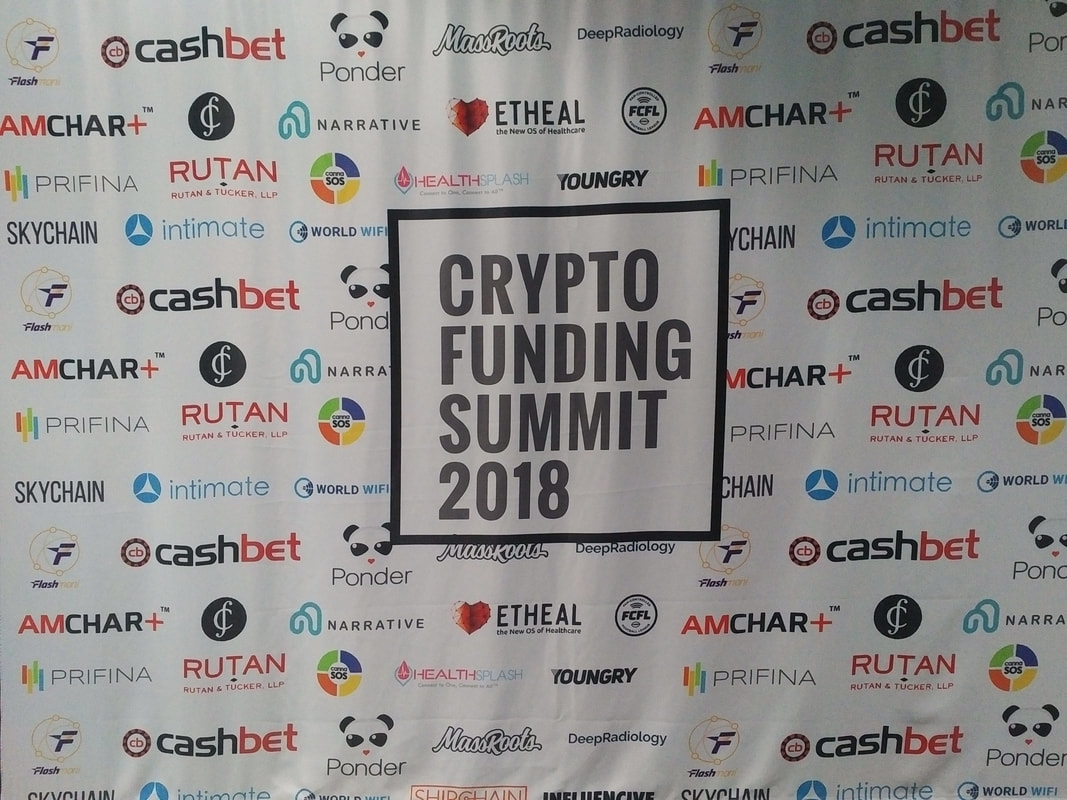|
ICOs and cryptocurrencies became a big thing last year. Some people think they have changed the whole world, while others think they are the biggest bubble we’ve seen in a long time. The value of an individual coin or currency is hard to evaluate when the market is new and transparency not always good. It is much easier to say that the concepts, models and technologies behind cryptocurrencies will make a big change for finance and also for the Internet and economies. Distribution, tokenization and tokenomics are the new new economy.
Tokenization is the process of converting the rights of an asset or a service into a digital token typically on a distributed ledger such as blockchain. ‘Tokenomics’ is a model of distributed ledger-based financing for the economy. There are probably other ways to define these new terms, but basically, they refer to how securities and transactions can be based on digital tokens that are issued, sold and traded in blockchain-based markets and services. Note that these models and concepts are not important only for finance and FinTech. Distributed models are also changing the very fundamentals of Internet services. While Internet architecture is of course distributed, Internet services are highly centralized – big databases and services that gather a lot of users. This has led to the idea that the Internet easily creates natural service monopolies similar to Facebook, Google and Amazon. Blockchain and other distributed ledger models enable decentralized services in which data, transactions and ownership are distributed around the Internet to different parties. Bitcoin is a well-known example of this. It is not issued by a central bank, big banks do not handle transactions, and they are not stored in bank accounts. But this is not limited to virtual coins. Distributed models can also mean, for example, that each consumer owns and manages his or her own data. Currently big Internet companies possess and control the data – when you go to use a service, you log in, and the service provider uses the data it has collected about you to provide the service. In the future, you could come to the service provider and bring your own data with you (or an ‘avatar’ based on your data), and sign up for services based on your personal profile. This means, for example, you could apply for and receive an optimal loan using your own data via an API without relinquishing that data. Or it could mean a social media service doesn’t own or keep user data, but rather each user has his or her own data and updates – the social media service becomes just an API-based service that displays selected data to selected friends. Almost anything tradeable can be a token Tokenization has become relevant now especially for startups and new projects that have create utility tokens to use new services, security tokens for equity, and some hybrid models of security and utility tokens. The problem with many ICOs is that the tokens for these services and assets haven’t enough data to properly define a value for them. Tokenization can be done for all kinds of assets and services, and can be easier to value than startup equity. The ‘tokens’ could be real estate ownership, the right to live in an apartment, the right to use certain infrastructure, ownership of a private company, a currency issued by a government, or loyalty points from a supermarket or airline. Basically, all money, securities and vouchers can be digital tokens. This will change how we issue, sell and trade them. It will be all digital and it can be stored in blockchains, without a lot of paper work or central parties to handle transactions. Tokenomics is a new term that tends to be used in different ways in different contexts. Put simply, it means economical and financial models that use distributed finance and tokenization as the basis of the economy. It means digital tokens, blockchain, smart contracts and models without centralized transactions or authorization. As the Internet of the 1990s started to create big services and databases, tokenomics can distribute services, data and transactions. It is early days, of course, so it is hard to say now what all this means for businesses on the Internet. Right now we are worried that Facebook, Google and Amazon know more about us than we know ourselves, and they’re starting to manage our whole lives. Could it be that distributed models will stop this development and actually turn it in the opposite direction – perhaps to the point of even killing some Internet giants? At the same time, it is a threat for traditional banks, payment processors and even governments who worry at the loss of centralized control. Bitcoin, cryptocurrencies and ICOs are exciting and quick money for some people, just as some hot companies were during the dotcom boom in the late 90s. But these should not distract from the much larger and more fundamental developments happening behind the scenes that are going to change Internet services, finance services and traditional economic structures. It is not yet visible in mainstream activities and discussions, but many parties are already building those new structures, and the potential for disruption is massive. |
AboutEst. 2009 Grow VC Group is building truly global digital businesses. The focus is especially on digitization, data and fintech services. We have very hands-on approach to build businesses and we always want to make them global, scale-up and have the real entrepreneurial spirit. Download
Research Report 1/2018: Distributed Technologies - Changing Finance and the Internet Research Report 1/2017: Machines, Asia And Fintech: Rise of Globalization and Protectionism as a Consequence Fintech Hybrid Finance Whitepaper Fintech And Digital Finance Insight & Vision Whitepaper Learn More About Our Companies: Archives
January 2023
Categories |





 RSS Feed
RSS Feed
